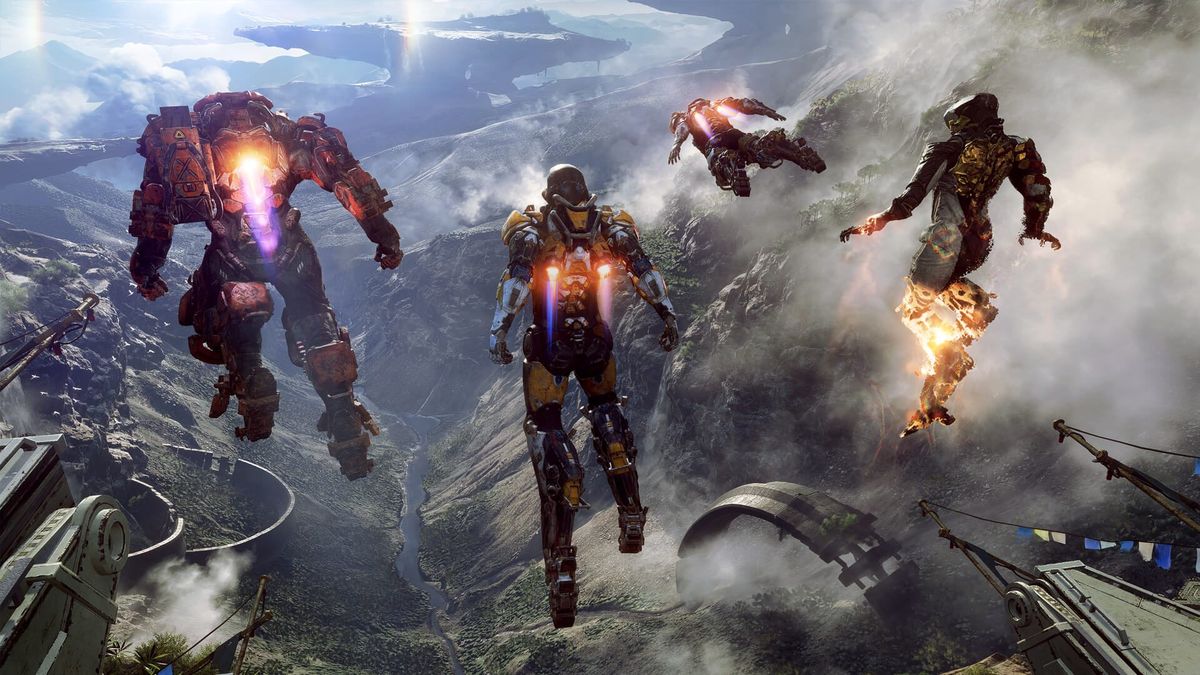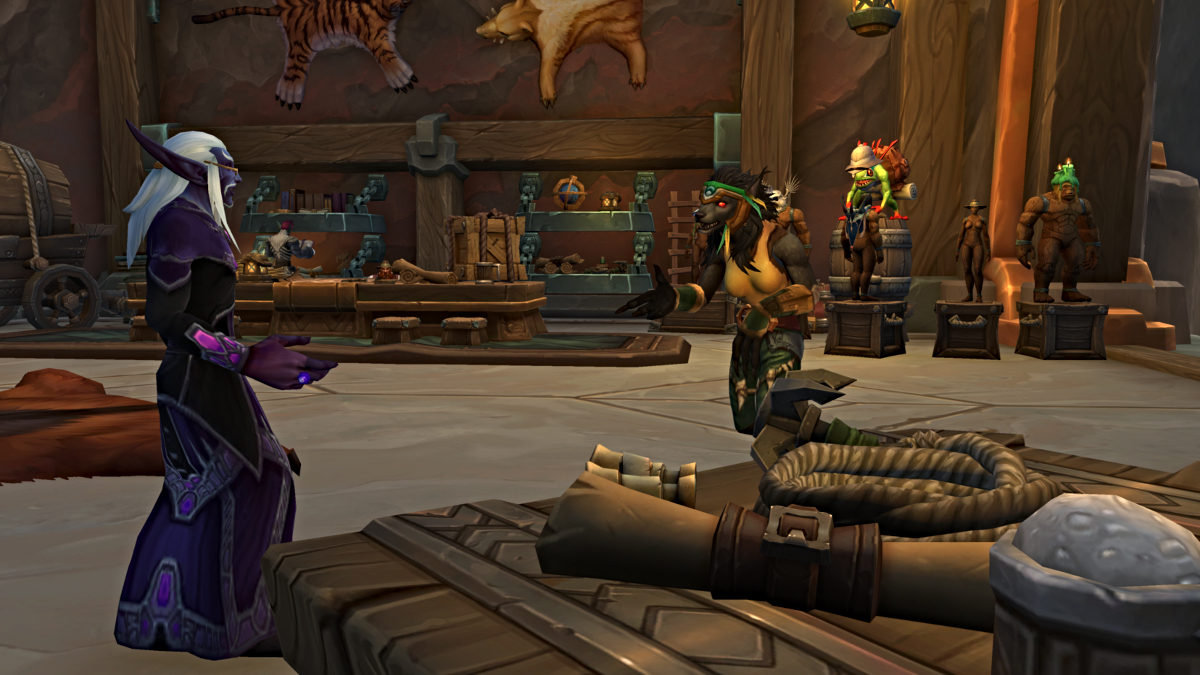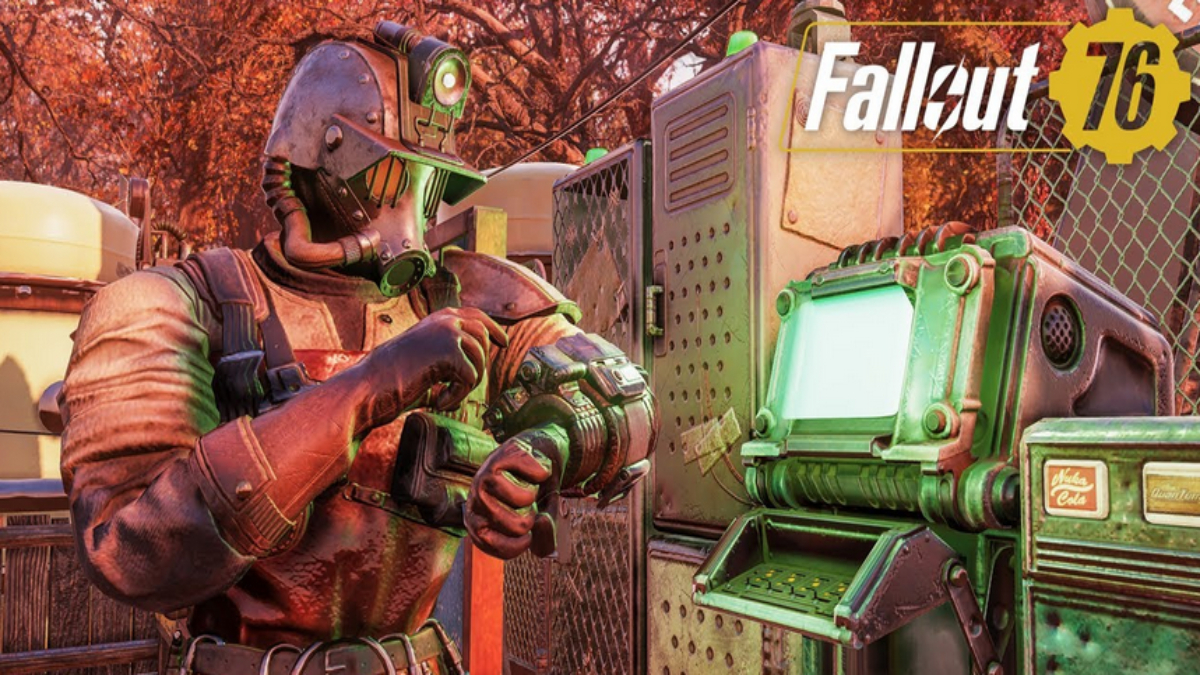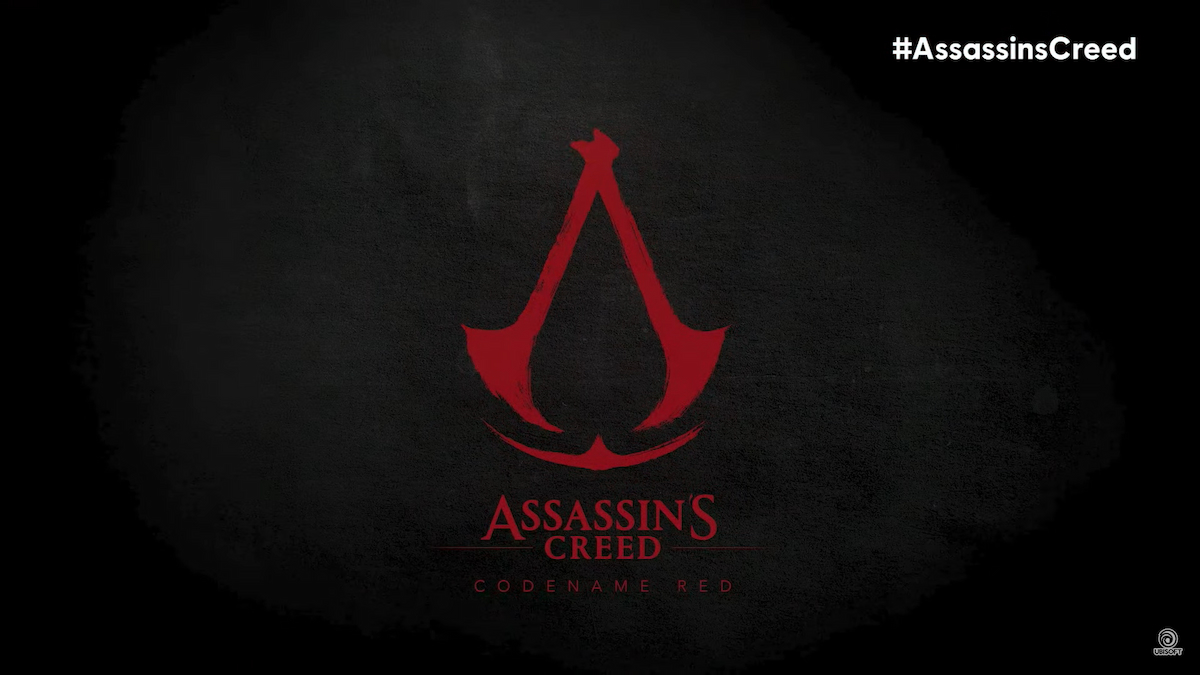When Anthem first showcased Javelins rocketing across expanses of lush, alien-looking terrain, leaping from clifftops and plunging into pools filled with extraterrestrial life, it had plenty of folks excited. In fact, it was arguably one of the most hotly anticipated games of this console generation.
Anthem’s scale, graphical presentation, and the promise of tight co-operative gameplay fused with BioWare’s reputation for storytelling gave us every reason to believe it had the makeup of an instant classic.
That’s not to say there wasn’t any skepticism whatsoever, of course; gamers have increasingly grown weary of shared-world shooters and console MMOs in general after several have launched void of substantial content over the past few years. The original Destiny certainly springs to mind.
What we were counting on, then, was BioWare to avoid the same mistakes that have blighted other games-as-a-service, to have listened and acknowledged outcries from disgruntled gamers and vocal critics.
To rise to the top of the genre, we thought, Anthem would need to put its best foot forward right from the off with a strong launch.
Unfortunately, that hasn’t been the case. Anthem has bombed critically in a big way. The game is now among the most poorly reviewed major games of this console generation. It is perhaps second only to Fallout 76 as the highest profile flop in recent memory.
Anthem’s Metacritic score is 60 on PC (66 reviews), 55 on PS4 (20 reviews), and 68 on Xbox One (20 critics). Its weighted average score ends up sitting at 60. The user scores all sit around the 4.5/10 mark.
That’s totally disastrous considering BioWare’s storied history.
Even if you’re prepared to accept that many games-as-a-service-style experiences have typically not fared well at launch, that there’s every chance it could improve later down the track, and that EA may very well have sold a huge number of copies regardless of its critical reception, it’s a shockingly low score that is certainly impacting Anthem’s prospects of sticking around in the long term.
Before I go any further, I think it’s worth taking a minute to spare a thought for BioWare. Metacritic does matter to developers, who have historically been awarded bonuses by the publishers that fund their projects depending on the final score.
You’d have to imagine morale isn’t all that high at the developer’s studio right now. The purpose of this article is not to further pile on the Anthem hate bandwagon.
Of course, I understand that sympathizing with BioWare while simultaneously writing an article highlighting Anthem’s dismal critical reception is ironic.
Regrettably, however, Anthem’s reception needs to be spotlighted. It’s yet another of these increasingly popular co-operative, looter-shooter-style, games-as-a-service-type experiences that has botched its launch, either as a result of wafer-thin content, lackluster story, technical woes, or a combination of all three.
Its overall critical reception sits below a number of major games this generation that have had similar luke-warm critical receptions, all using the same content strategy, like Destiny (76), The Division (79), Sea of Thieves (67). It just barely avoids sinking as low as Fallout 76 (55).
To put it in perspective, Anthem shares its 60/100 rating with games like Metal Gear Survive. That’s certainly not where you want to be on the scale. Particularly considering that EA spent no small amount of time and money insisting Anthem was the next big thing.
The point is that the bottom line, the minimum expectation of content that the decision makers behind these sorts of games believe is acceptable to gamers needs to be higher.
I have no idea why Anthem has released in the state it has. It’s a game with plenty of potential that it hasn’t come close to meeting, not because it is inherently bad by design or in its premise, but because it doesn’t feel finished.
Anthem feels bare, underdeveloped — a shell of what it might have otherwise been with more time.
Perhaps EA is to blame, coldly treating BioWare’s latest game like a checkbox to tick off at the appropriate deadline after insisting the developer pursue a Destiny-killer in the first place? That’s the narrative most people seem to want to believe.
But it could have just as easily been BioWare itself observing other companies get away with unsavory practices and following suit. Who knows?
What I do question, though, is how long gamers are willing to accept this sort of content strategy moving forward? Or has Anthem just tipped the scale?
Just as the lootbox debacle that blighted Star Wars Battlefront 2 saw the industry back away from the practice, perhaps the state of Anthem’s launch and the push-back from critics and gamers is an alarm bell that needed to happen?
I’d like to think that between Anthem, Fallout 76, and Battlefront 2 we’re at a nexus point where unsavory practices like microtransaction-heavy multiplayer games and content-light, unfinished and buggy games-as-a-service are no longer acceptable. Gosh, I hope so.




